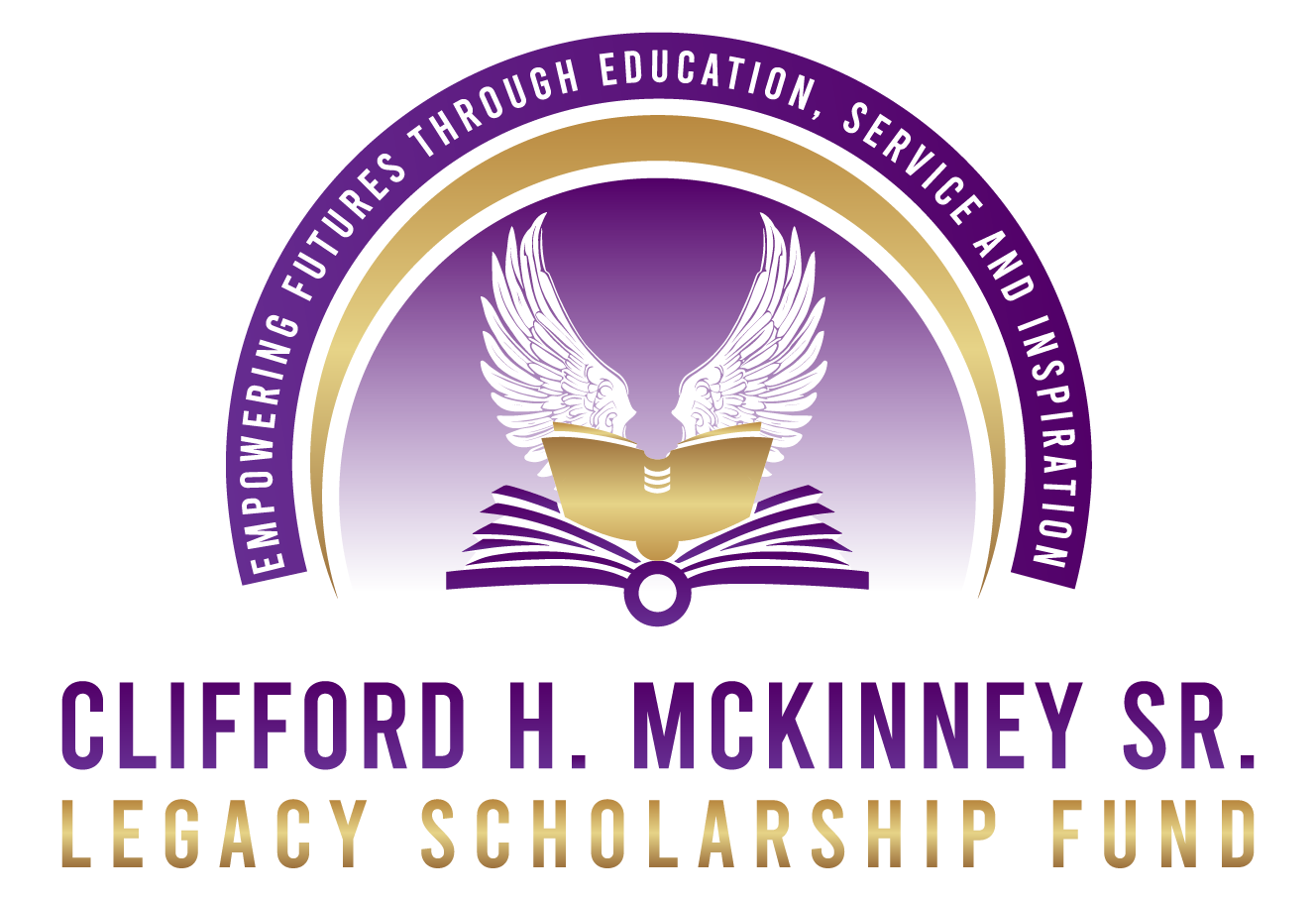Have you ever looked at the cost of tuition and just… laughed? Not the funny kind. The what-on-earth-am-I-supposed-to-do-with-this kind. You’re not alone.
College has become a high-stakes game of money, timing, and knowing where to look, and let’s be honest, most of us were never taught the rules. But here’s the thing: the game is winnable. It’s not easy, but it’s absolutely doable. And not just for straight-A students or valedictorians with trust funds. We’re talking about you the one juggling classes, a job, and possibly family responsibilities, yet still pushing forward.
So let’s break it down. Not with generic advice or glossy brochure lingo, but real talk, real strategies, and a little nuance that most guides miss.
The Real Cost of College (Hint: It’s Not Just Tuition)
Sticker price? Misleading. A lot like buying concert tickets, what you see upfront doesn’t reflect what you’ll actually pay once the fees, dorm costs, books, and late-night burrito runs are added.
At a place like Alabama State University, for instance, tuition may appear reasonable at first glance. But throw in room and board, textbooks (don’t even get me started on textbook pricing), and transportation, and suddenly, that “affordable” year feels like a down payment on a house.
What’s worse? Many students assume that financial aid will cover everything. It doesn’t. At least, not unless you’re strategic.
So, What Can You Do?
1. Get Creative with Scholarships
Here’s a secret most students overlook: scholarships aren’t just for athletes or valedictorians. In fact, some of the best ones are hiding in plain sight based on your story, not your stats.
Let’s say you’ve done volunteer work, mentored peers, or helped out at your local church or food bank. That’s golden. There are scholarships honoring community service that are looking for applicants like you. These are often less competitive as well because fewer people apply.
A client once told me she snagged three community service-based scholarships just by submitting the same core essay with slight tweaks. One was offered by a local foundation that her school counselor barely mentioned. So don’t rely on Google alone; dig through your school’s financial aid office, ask local civic groups, and definitely don’t ignore those late-night email blasts from the university. One of them might be offering Alabama State University scholarships for which you qualify and didn’t know existed.
Bonus tip? Look for scholarship programs specifically designed for HBCU students, particularly those focused on underrepresented fields such as STEM, the arts, or public policy. Many of these aren’t widely advertised, but they exist.
And if you’re a first-gen college student? Even more opportunities, especially scholarships for minority students tied to leadership or academic grit.
2. Apply for Grants Like Your Future Depends on It (Because It Does)
Grants are the holy grail of financial aid money you don’t have to pay back. Federal Pell Grants are a starting point, but they’re not the endgame. Consider applying for state and institutional grants, especially if you’re attending schools like ASU.
Pro tip? Some grants quietly expire if you don’t apply early. Don’t wait until the FAFSA deadline gets in as soon as applications open. That “first come, first served” phrase? Totally applies here.
3. Work Smarter, Not Just Harder
Let’s address the side hustle culture. Yes, part-time work can help, especially if it’s on-campus or tied to your major. But stacking 30 hours at Chick-fil-A on top of full-time classes? Not sustainable. (Unless your superpower is functioning on 3 hours of sleep.)
Instead, look for paid internships, even unpaid ones, that could lead to stipends or connections. Some programs, especially in business or media, offer stipends through your school’s career center. That’s money and a resume builder.
FAFSA: It’s Not Just Bureaucratic Torture
Okay, it kind of is. But it’s still essential.
Even if you think your parents make too much. Even if you’re not sure, you’ll qualify. Even if your friend said, “It’s not worth it.” (Your friend is wrong.)
FAFSA opens doors to federal loans (which are safer than private ones), work-study gigs, and institutional aid. You may also need it for certain scholarships, even private ones.
And just so we’re clear: federal loans offer way more flexibility and protections than private ones. Need a pause on payments? Lower interest rates? Forgiveness options for those entering public service? That’s federal territory.
The Value of a Degree It’s Bigger Than Salary
Now, this part isn’t about spreadsheets. It’s about what you want to build.
A college degree is still one of the most powerful tools for upward mobility. According to a 2023 study by Georgetown University, college graduates earn, on average, $1 million more over their lifetimes than high school graduates.
But let’s go beyond that. College is where you meet collaborators, mentors, and maybe even future business partners. It’s where you mess up, learn from it, and figure out what kind of impact you want to have in the world.
One of my closest friends, now a nonprofit director, started as a journalism major at an HBCU. She found her path not in the classroom but through a campus leadership role funded by a minority student scholarship she almost didn’t apply for.
Final Thought: You Have More Power Than You Think
Frankly, most guides get this wrong. They focus on what students lack: money, access, and knowledge. But I’ve worked with enough students to know that you’re resilient. You adapt. You hustle. You find a way.
Yes, tuition is climbing. Yes, it can feel overwhelming. However, the path is still available through community service-based scholarships, timely FAFSA applications, strategic internships, and asking the right questions, even when you’re afraid to appear uninformed.
Don’t let the cost of education define your story. Use it as a springboard.
Your journey doesn’t have to be perfect. Just real. And yours.




